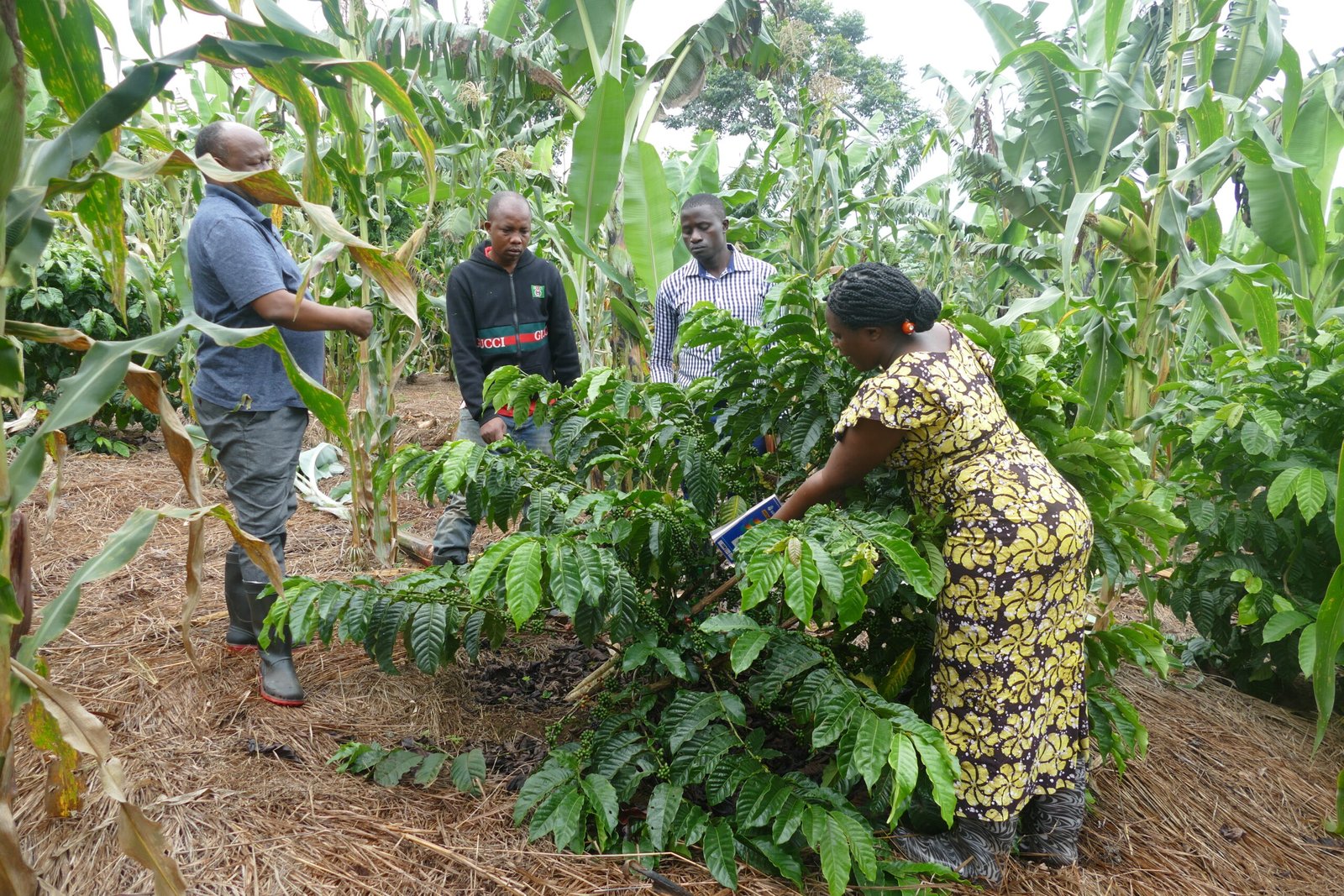African Organic Network (AfrONet)
Organic farming in Africa stands as a beacon of hope for environmental sustainability, offering a transformative approach to agriculture that nurtures and replenishes the land.
AFRICAN ORGANIC NETWORK (AfrONet)
The conceptualization of the African Organic Network (AfrONet) emerged during a pivotal meeting in April 2008, convened in Dar es Salaam, Tanzania. This meeting brought together representatives from three prominent East African National Organic Agriculture Movements (NOAMs): the Kenya Organic Agriculture Network (KOAN), the National Organic Movement of Uganda (NOGAM), and the Tanzania Organic Agriculture Movement (TOAM).
The primary push behind this assembly was the shared vision to establish a continental platform dedicated to advancing the development of Organic Agriculture.
This momentum gained further resonance in August of the same year during a gathering that expanded to include four NOAMs, now involving participants from Southern Africa as well, notably the Organic Producers and Processors Association of Zambia (OPPAZ). This meeting, hosted in Nairobi, Kenya, underscored the conceptual framework for the proposed platform.


Vision
A united and vibrant African Organic Agriculture (OA) that transforms and empowers communities for sustainable livelihoods

Mission
To catalyze a distinctive Organic Agriculture sector that transforms smallholder agriculture into ecologically sustainable, socially and culturally inclusive, economically viable, efficient, and competitive farming systems, ensuring both food security and sovereignty, as well as fostering income growth and equity.
Purpose
To cultivate an unparalleled organic agriculture sector anchored in the principles of health, ecology, fairness, and care, ensuring robust food security, food sovereignty, and sustainable incomes.
Main Objective:
To cultivate a distinctive organic agriculture sector founded on the principles of ecology, health, fairness, and care, ensuring food security, food sovereignty, and sustainable development.
Specific Objectives:
i. Spearhead and develop programs and networks of common interest at continental, regional, and national levels.
ii. Forge strategic partnerships with crucial international, continental, regional, and national entities to bolster the development of Organic Agriculture in Africa.
iii. Lobby and advocate for the inclusion of organic agriculture in policies, strategies, and programs by AUC, RECs, and African Governments.
iv. Develop and promote organic agriculture research, extension, and training across Africa.
v. Organize African Organic Conferences, and fairs, and actively participate in international, continental, and regional organic events.
Goals:
i. Persuade 40% of African Governments to invest significantly in research and capacity-building for the promotion of Organic Agriculture.
ii. Boost the adoption of Organic Agriculture technologies and practices by 70%, contributing to enhanced health, climate change mitigation, and environmental conservation.
iii. Elevate food security and sovereignty for African smallholder farmers through a 50% increase in the share of trade in organic produce and a 70% increase in organic product contributions.
Key Functions:
i. Unite and network organic agriculture actors and stakeholders continent-wide.
ii. Advocate at high levels through lobbying efforts.
iii. Support capacity building for key players in organic agriculture across the continent.
iv. Mobilize resources for promoting organic agriculture on the continent.
v. Lead organic agriculture research, extension, training, value chains and market development.
vi. Provide management and administrative consultancy to like-minded programs and partners
vii. Undertake any other necessary functions to address its objectives
Contact Us
Here’s how you can contact us for any questions or concerns.
Follow Us
-
African Organic Network (AfrONet)
P. O. Box 31168 Dar es Salaam, - +255782395517
- Timing: 8am - 4pm
